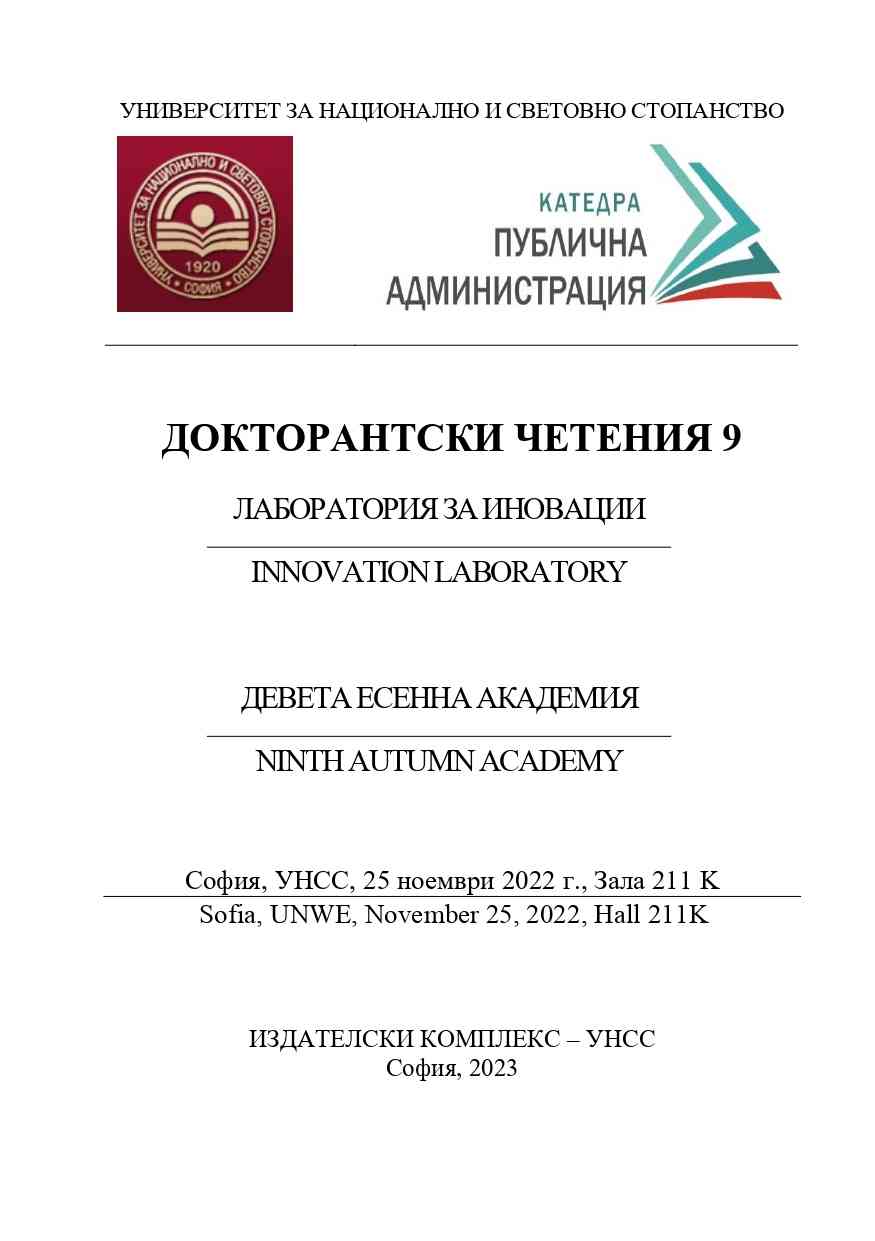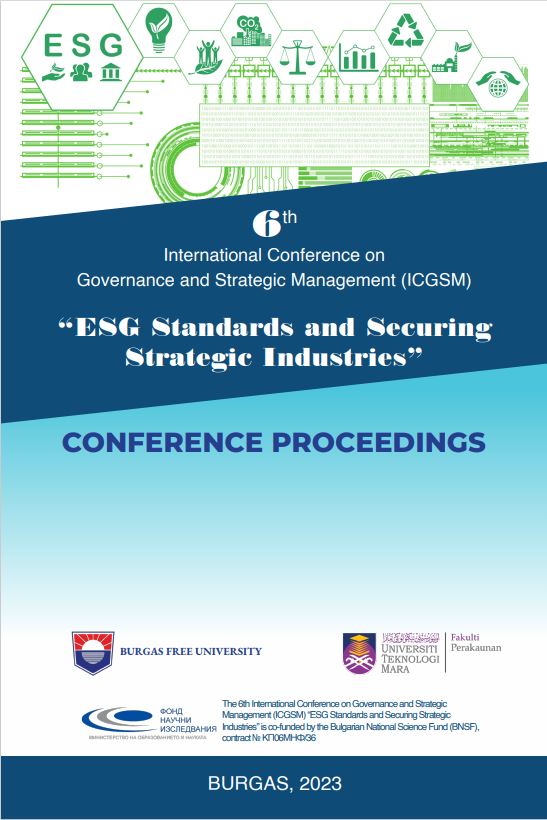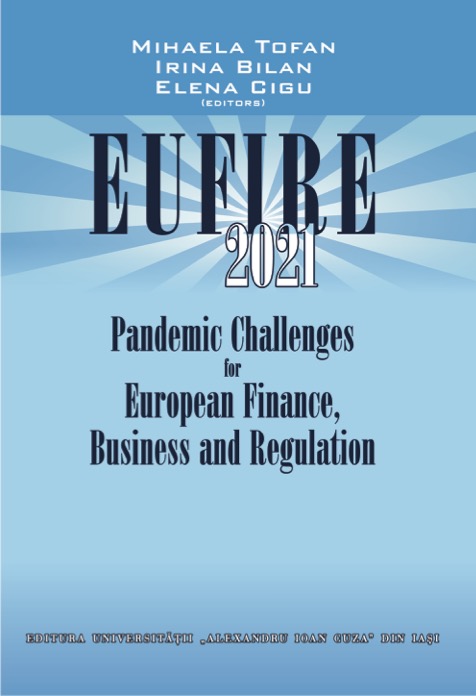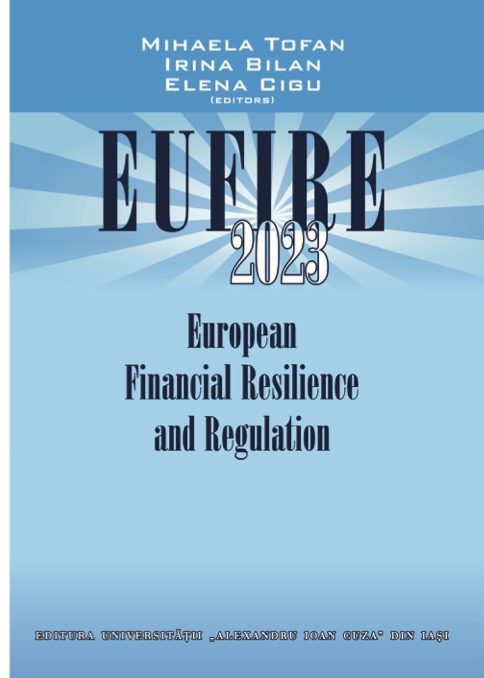
Права на субектите на лични данни – потребители на обществени услуги
This report examines the rights of personal data subjects, and in particular those of users of public services. This clarifies the concepts of public services, personal data, subjects of personal data. The principles for processing personal data of users of public services included in the General Data Protection Regulation (GDPR) of 2018 have been analyzed in details. In addition, the report analyzes the specific rights and possible measures to protect the rights of the subjects of personal data – users of public services. Special attention is paid to those spheres providing public services where, in order to guarantee national security and the public interest, a derogation from the prohibition on the processing of personal data is possible or a more special protection of the processing of certain sensitive data is introduced.
More...





